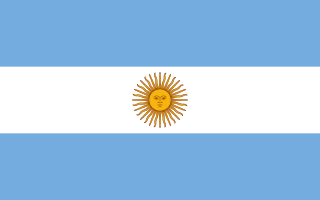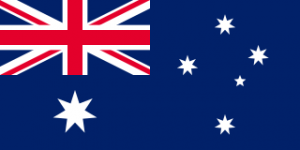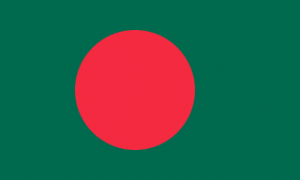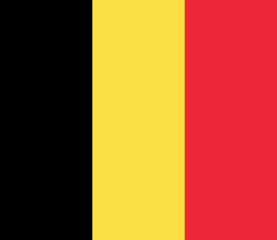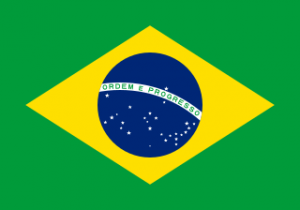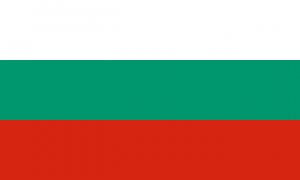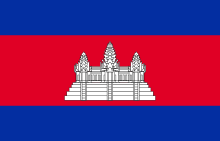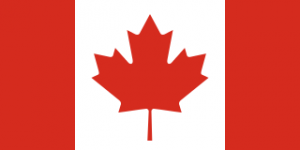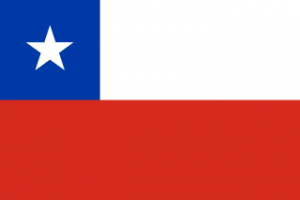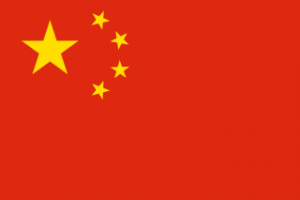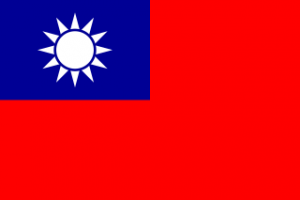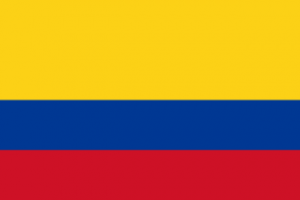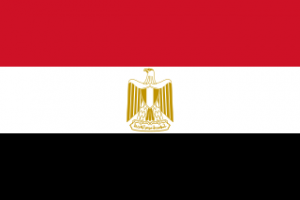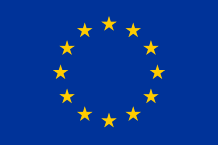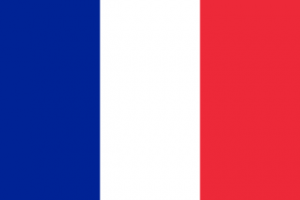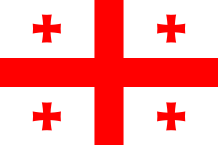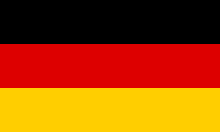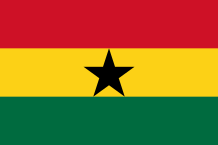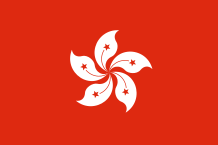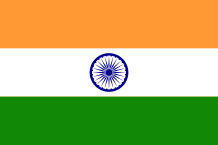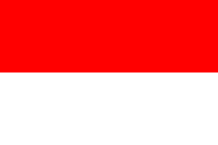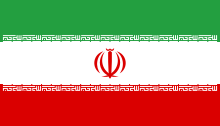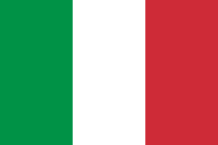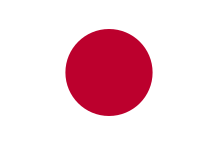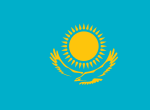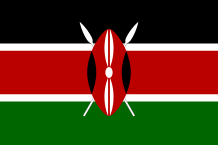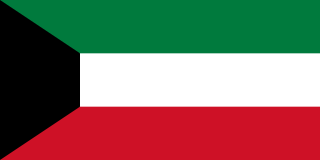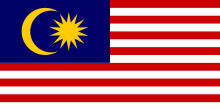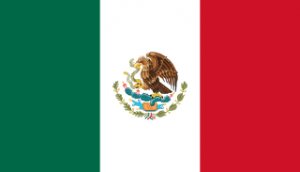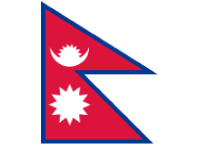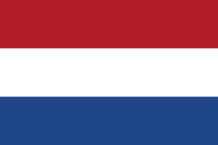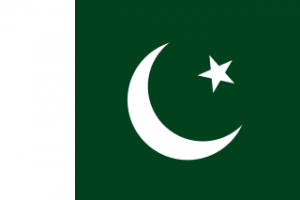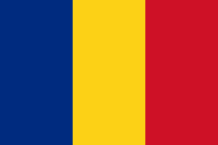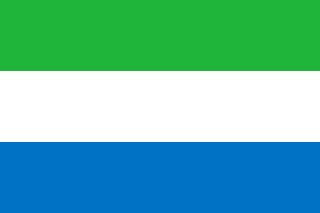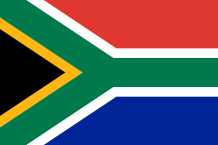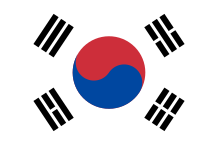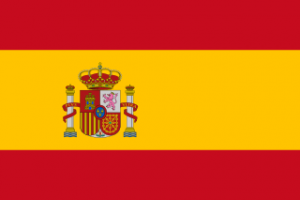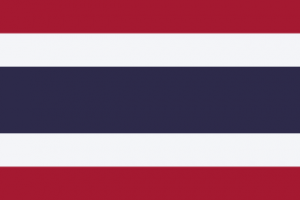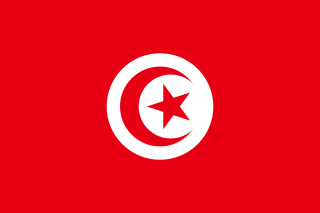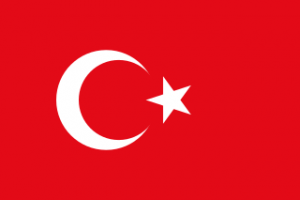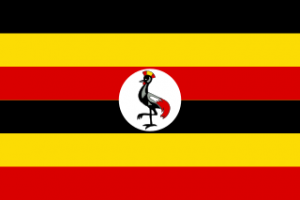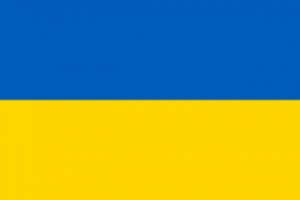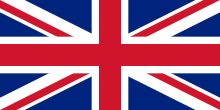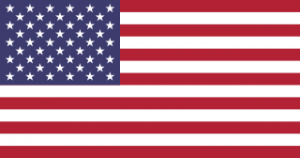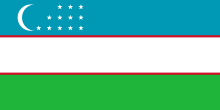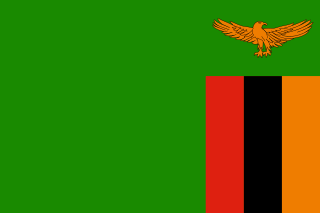Last updated 2 October 2024
I. GENERAL INFORMATION
What is the Jessup Competition?
The Philip C. Jessup International Moot Court Competition is an advocacy competition for law students. Teams of law students compete against one another through the presentation of oral and written pleadings to address timely issues of public international law in the context of a hypothetical legal dispute between nations. The Compromis, or Problem, is the springboard for the Jessup Competition. Written by leading scholars of international law, the Problem is a compilation of agreed upon facts about the dispute that is submitted for adjudication to the International Court of Justice (ICJ), the primary judicial organ of the United Nations. After the Problem is released, students begin researching and preparing arguments for both sides of the dispute, drafting and editing written pleadings, called “memorials,” and practicing oral presentations. Each team prepares two written memorials and two 45-minute oral presentations, one for each party to the dispute (the “Applicant” and the “Respondent”). Teams argue alternately as Applicant and Respondent against competing teams before a panel of judges, simulating a proceeding before the International Court of Justice.
How does the Jessup Competition compare to other moot court competitions?
The Jessup Competition is the world’s largest moot court competition. It is also the oldest moot court competition dedicated to international law. The Jessup is noteworthy because it is open to law schools all over the world.
Who was Philip C. Jessup?
The Jessup Competition is named after Philip C. Jessup, the United States representative to the International Court of Justice, who was elected by the United Nations to serve a nine-year term in 1961. Judge Jessup had a long and distinguished academic, judicial, and diplomatic career. He practiced law and taught at several American universities until 1961. Jessup was an assistant to Elihu Root during the 1929 Conference of Jurists on the Permanent Court of International Justice. He attended both the Bretton Woods and San Francisco Conferences, and played a key role in the formation of the International Law Commission.
What is the International Court of Justice?
The International Court of Justice, also known as the “ICJ” or “World Court,” is the primary judicial organ of the United Nations. The ICJ was established under the Charter of the United Nations in 1945 to succeed the Permanent Court of International Justice, or PCIJ. The ICJ adjudicates contentious cases between States and provides advisory opinions to legal questions submitted by authorized organs of the United Nations and specialized agencies. The competence, composition, and functions of the ICJ are governed by the Statute of the International Court of Justice. The Court is composed of 15 judges, each elected by the United Nations General Assembly and the Security Council to serve a term of nine years. The seat of the Court is at the Peace Place in The Hague, The Netherlands.
When will the Problem be released?
The Problem is released in September every year. The specific release date of the Problem for the current season can be found in the
Official Schedule.
When is the deadline for submitting Memorials?
Memorials must be submitted by the memorial submission deadline indicated in the
Official Schedule. Memorials must be submitted to the ILSA Executive Office by uploading them through the Team Homepage in accordance with the Official Rules, which are released each August. Additional submission requirements and earlier deadlines may be imposed by a Supplement to the Official Rules. It is the responsibility of teams to know the submission requirements of their Rules Supplement, if any, which are posted on
ILSA’s website.
How do I start a new Jessup Team at my school?
Before beginning the process of starting a new team, you should check to make sure that your school does not already have a Jessup Team. Each school may only enter one team in the Competition. Once you have verified that your school does not already have a Jessup Team, we recommend that you seek the advice of faculty members at your school who teach international law or who may be familiar with the Jessup Competition. Faculty advisors are useful because they can mobilize the resources of the school to support your team. Many Jessup teams receive funding, advisory support, and academic credit from their schools.
Your next step is to introduce the Competition to other students who may be interested in participating on a Jessup Team. Once the members of the team are organized, the last step is to contact the ILSA Executive Office at
[email protected] to register your team. ILSA recommends that new teams read the
White & Case Jessup Guide, a student-focused guide to working with the Jessup Problem, researching international law, writing memorials, and presenting oral arguments.
II. THE JESSUP COMPETITION AND ILSA
What is the relationship between the Jessup Competition and ILSA?
The ILSA Executive Office is responsible for the global administration of the Jessup Competition. The ILSA Executive Office appoints Administrators to run Qualifying Rounds in their country. The ILSA Executive Director is the final arbiter in the implementation and interpretation of the Official Rules and Supplements to the Official Rules.
Can I connect with ILSA and the Jessup Competition on social media?
Yes, we encourage everyone to connect with us on social media. Be the first to hear about competition news and updates. Share your pictures from the Jessup Competition and connect with other competitors. For frequent updates on the Jessup Competition, please follow us on social media:
You can also watch our videos on YouTube.
III. ELIGIBILITY AND PARTICIPATION
Which schools are eligible to participate in the Jessup Competition?
Any law school, law faculty, or institution with a degree program in international law is eligible to participate in the Competition. Each school may only enter one team to compete, unless the Executive Office determines that extenuating circumstances justify the participation of multiple teams from a single school. Please see the Official Rules, which are released each August, for more detailed information regarding eligibility.
Which students are eligible to participate on a Jessup Team?
Students pursuing a law degree or a degree related to international law at an eligible school may compete on behalf of that school so long as they are enrolled at least part-time and have not engaged in the practice of law after graduating from another law degree program. Some students must also obtain the ILSA Executive Office’s written permission to participate if the Official Rules so require. Please review the Official Rules, which are released each August, for detailed information regarding team member eligibility.
Can a school have more than one Jessup Team?
Generally, no. Each school may only enter one Jessup Team in the Competition. In extenuating circumstances, a school or a tournament Administrator may petition the ILSA Executive Office to allow multiple teams from a single school to compete. For more information, please see the Official Rules, which are released each August.
How are Team Members selected for a school’s Jessup Team?
A school may determine its own method for choosing the members of its Jessup Team. A school may hold an intramural competition to determine the members of the school’s Jessup Team. However, the current Competition Problem may
NOT be used in an intramural competition unless the written approval of the
ILSA Executive Director has been obtained. For more information, please see the Official Rules, which are released each August.
How many students may participate on each Jessup Team?
Each Jessup Team may have a maximum of five (5) team members. A Jessup Team may choose to have less than five (5) team members, but must have at least two (2) team members to constitute a team. No more than five (5) individuals may contribute to the work product of the team over the course of the competition year. For more information, please see the Official Rules, which are released each August.
Who may be a team advisor, coach, or faculty advisor?
A team advisor is anyone who is responsible for organizing, advising, or training a Jessup Team, such as coaches and faculty advisors. Anyone may act as a team advisor, including professors, lawyers, graduate students, and former Jessup Competitors. Team advisors are allowed to provide general advice and instruction regarding the basic principles of international law to provided overall guidance, but they are prohibited from doing any work for the team such as drafting specific legal arguments. Jessup Teams are not required to have a team advisor, and as a general rule a team should not have more team advisors than necessary to adequately prepare them for fair competition. For more information, please see the Official Rules, which are released each August.
IV: REGISTERING FOR THE JESSUP COMPETITION
How can my Team register for the Jessup Competition?
To register for the Jessup Competition, a representative from your team (a team member, team advisor, or official team contact) must do the following:
1. Complete the online Jessup Registration Form, which will be available each year at
ilsa.org, by the deadline specified in the Official Schedule.
2. Complete payment of the Registration Fee by the deadline specified in the Official Schedule.
3. Register all individual team members by the deadline specified in the Official Schedule.
4. Teams that compete in a Qualifying Tournament must be sure to comply with the separate registration requirements of the Administrator of their Qualifying Tournament, if any. Please check the Rules tab on the
Competitors Page periodically to see if a Rules Supplement has been posted for your country.
What is the deadline for Team Registration?
All registration deadlines can be found in the
Official Schedule, including deadlines for team rosters, waiver applications, eligibility inquiries, and special permission requests.
How do I know that my Team’s Jessup registration form has been properly received?
As soon as you submit your online Jessup registration form, you should receive an email detailing instructions for logging in to your team homepage. Once you log in, please click on “Pay Now” at the top of the page. You will be directed to a page prompting you to pay using a Credit Card, Check, or Wire Transfer.
How do I know that my Team’s registration fee has been properly received?
Once the payment of your registration fee has been received and processed by the ILSA Executive Office, you will be able to generate a receipt by clicking the “Generate Receipt” button at the top of the page. Your payment status will also be displayed at the top of your Team Homepage.
How much is the registration fee?
The registration fee amount varies by country. You can see a list of Registration Fees
here.
What currency should I use to pay the registration fee?
The registration fee must be paid in US Dollars (USD).
What form of payment should I use to pay the registration fee?
Our preferred form of payment would be with credit card, through your Team Homepage. We accept Visa, Master Card, or American Express only. Other acceptable forms of payment include a check or money order from a United States bank, or a wire transfer.
How do Teams finance the cost of registration?
Each team is responsible for funding the cost of registration. Teams that have limited financial resources may apply for a waiver or discount of the registration fee by submitting a completed Fee Waiver application form found at the bottom of the Team Homepage by the deadline indicated in the
Official Schedule.
How do I make changes to my Team’s registration information, including adding or changing team members?
Once team members have been registered through the Team Homepage, changes cannot be made by the Team. To request a change to any team information, please email your request along with reasonable explanation for the change to
[email protected]
How do I register a new team member or substitute a team member?
Team members are registered under the “Profile” link on your Team Homepage. Team members cannot be changed by a Team once registered. To request a substitution, send an email to
[email protected], making sure to include explanation of the circumstances justifying the substitution.
When do Teams receive their team numbers?
Teams receive their team numbers once the online registration form has been submitted AND the registration fee has been paid in full. Your team number will be included on the receipt confirming payment of the registration fee and will be displayed on your Team Homepage.
V. COMPETITION FORMAT
What is the schedule for the Jessup Competition?
The you can view the
Official Schedule for the Jessup Competition online. Schools may register for the Jessup Competition up until the Registration Deadline listed in the Official Schedule. The competition season officially begins in September, when the Jessup Competition Problem (the Compromis) is released. Each team’s written pleadings (memorials) must be submitted to the ILSA Executive Office by the deadline indicated in the Official Schedule (usually the first week of January), or earlier if required by an applicable Rules Supplement. Most countries with more than one registered Jessup team hold Qualifying Rounds in January through March. The team or teams representing each country travel to Washington, D.C. to compete in the White & Case International Rounds in March or April of each year.
What is the official language of the Jessup Competition?
The official language of the Jessup Competition is English. All memorials and oral pleadings must be in English, except under the following circumstances:
Memorials: A team may write and submit its memorials for a Qualifying Round in a language other than English only if permitted by that Qualifying Round’s Rules Supplement. A team that submits its memorials in a language other than English and advances to the White & Case International Rounds must translate its memorials into English and submit them to the ILSA Executive Office by the deadline indicated in the Official Rules, which are released each August.
Oral Rounds: A team may present its oral pleadings for a Qualifying Round in a language other than English only if permitted by that Qualifying Round’s Rules Supplement. A team that wishes to present its oral pleadings in a language other than English at the White & Case International Rounds must inform the ILSA Executive Office by the deadline indicated in the Official Rules, which are released each August, and must arrange and pay for an interpreter to translate their oral pleadings into English.
What are the different levels of the Jessup Competition?
The Jessup Competition consists of two levels: (1) the Qualifying Rounds, and (2) the White & Case International Rounds.
1. Qualifying Rounds: If more than one team registers for the Jessup Competition from the same country, the ILSA Executive Office will notify each team that a Qualifying Round will be held to determine which team(s) will represent the country at the White & Case International Rounds. The Executive Office will also appoint a National Administrator to organize the Qualifying Round. The Administrator may create a Rules Supplement to the Jessup Official Rules that will regulate the Qualifying Tournament. Each team participating in a Qualifying Tournament will participate in four preliminary oral rounds, arguing twice as Applicant and twice as Respondent. However, if four (4) or fewer teams are participating in a Qualifying Round, the ILSA Executive Office may allow each team to participate in less than four preliminary oral rounds. For more information, please see the Official Rules.
2. International Rounds: The highest level of the Jessup Competition is the White & Case International Rounds, held each year in Washington, D.C. The White & Case International Rounds includes Preliminary Rounds, Advanced Rounds, and the World Championship Round. During the Preliminary Rounds, each team will compete in four (4) oral rounds, pleading twice as Applicant and twice as Respondent. The White & Case International Rounds last one week. For more information, please see the
Official Rules on ILSA’s website.
What is a Qualifying Round?
When more than one team from a single country registers for the Jessup Competition, a Qualifying Round will be organized to determine which team or teams will represent that country at the White & Case International Rounds. Qualifying Rounds are organized by a National Administrator, appointed by the ILSA Executive Office. The Administrator may develop a Rules Supplement to the Jessup Official Rules that will regulate the Qualifying Round. For more information, please see the Official Rules.
How many Oral Rounds will my Jessup Team compete in during a Qualifying Round?
Each team participating in a Qualifying Round will participate in four preliminary oral rounds, pleading twice as Applicant and twice as Respondent. However, if four (4) or fewer teams are participating in a Qualifying Round, the ILSA Executive Office may allow each team to participate in less than four preliminary oral rounds. If there are any Advanced Rounds in the Tournament, and your team advances, it will compete in one (1) additional oral round each time it advances, pleading as either Applicant or Respondent as determined before each Advanced Round. The Advanced Rounds in a Qualifying Tournament may include Quarter-Final, Semi-Final, and Championship Rounds, depending upon the number of teams competing in the Tournament and subject to the Administrator’s discretion. For more information, please see the Official Rules.
Does my jurisdiction have a Qualifying Round?
The list of jurisdictions that hold Qualifying Rounds varies from year to year. Currently, approximately 50 participating jurisdictions hold Qualifying Rounds. Jurisdictions that have consistently held Qualifying Rounds in recent years include: Argentina; Armenia; Australia; Belgium; Brazil; Canada; Chile; China; Chinese Taipei; Colombia; the Czech Republic; Ethiopia; France; Germany; Ghana; Greece; Hong Kong, China; Hungary; India; Indonesia; Ireland; Israel; Italy; Japan; Kazakhstan; Malaysia; Mexico; the Netherlands; Nigeria; Philippines; Poland; Romania; Russia; South Africa; South Korea; Sri Lanka; Turkey; Ukraine; the United Kingdom; and the United States. If you are unsure whether your jurisdiction will hold a Qualifying Round, please consult the
National Round Schedule or email
[email protected].
How many teams from each Qualifying Round advance to the International Rounds?
A: Each Qualifying Round may advance at least one team to the White & Case International Rounds of the Competition for every eight teams that participate in its Qualifying Round. Therefore, if twenty teams compete in a Qualifying Round, at least two teams may advance to the White & Case International Rounds. Beyond this minimum threshold, the ILSA Executive Director will determine the exact number of teams that will advance to the White & Case International Rounds and the manner in which they are chosen.
How many oral rounds will my Jessup Team compete in during the International Rounds?
If your Team advances to the International Rounds, it will compete in four preliminary oral rounds, pleading twice as Applicant and twice as Respondent. If your Team advances to the Advanced Rounds, it will compete in one additional oral round each time it advances, pleading as either Applicant or Respondent as determined before each Advanced Round. The Advanced Rounds consist of Run-off Rounds (round of 32), Octo-Finals, Quarter-Finals, Semi-Finals, and the World Championship Rounds. For more information, please see the Official Rules.
VI. PREPARING FOR THE COMPETITION
What resources are available to assist my Jessup Team with researching and writing our memorials?
ILSA offers two batches of “basic materials” to help teams research the Competition Problem. These materials are available to all teams participating in the competition and may be accessed on the
Competitors Page. These basic materials provide a good overview of resources, topics, and arguments that should not be overlooked. Competitive teams will want to conduct additional research. For release dates of the basic materials, please refer to the
Official Schedule. In addition, the Competitors Page lists a variety of other research tools and sources. Finally, ILSA also recommends that teams read the
White & Case Jessup Guide.
What is the best way to prepare for the Oral Rounds of the Competition?
Most teams prepare for their Oral Rounds by holding practice rounds where one team member presents his or her oral pleadings while the other team member(s) serve as Judges. Some teams also invite professors and legal practitioners to attend their practice rounds as guest Judges. Many teams watch videos from the World Championship Round of past International Rounds. These videos allow students to observe the general procedure and set-up of the mooting process, the types of questions asked by judges, and the speaking style of past winners. For an example of what mooting looks like in action, please see video of previous years’ Final Rounds on
ILSA’s YouTube Channel.
How and when do Jessup Teams get passwords to research databases such as Jus Mundi, Oxford University Press, LexisNexis, and HeinOnline?
Following the release of the Jessup Problem and once a Jessup Team has paid their registration fee, they will be eligible to receive research passwords. Teams will be contacted by the ILSA Executive Office via email with instructions on how to access that various research platforms made available to competitors.
How do teams finance the cost of traveling to the International Rounds?
Each team is responsible for funding the expenses associated with attending the White & Case International Rounds, including all transportation costs, hotel accommodations, and meals while in Washington, D.C. Many teams fundraise by asking their school, local and regional companies, law firms, government agencies, and educational foundations to contribute monetary and other resources. The ILSA Executive Office will provide a letter of support to potential sponsors identified by Jessup Teams. To obtain a letter of support, please contact the ILSA Executive Office at
[email protected].
Does ILSA assist team members, coaches or judges in obtaining visas to attend the International Rounds in Washington, D.C.?
ILSA will prepare a letter of invitation for those who need a visa to attend the week-long White & Case International Rounds in Washington, D.C. ILSA will provide letters only to those who are officially involved with the Competition. Individuals who wish to obtain a letter of invitation must submit their Jessup affiliation details, passport information, and school name in a timely manner to the ILSA Executive Office at
[email protected]. If an individual qualifies for a letter of invitation, ILSA will send the letter of support to the applicant. The applicant is responsible for submitting the letter of support to the appropriate officials and completing the visa application process.
What should my Team do to reserve a hotel at the International Rounds?
Jessup teams may stay anywhere they like in Washington, D.C. Most teams stay at a hotel or youth hostel. Some teams stay with friends or family. Other teams make accommodation arrangements through their local embassies. The ILSA Executive Office reserves a block of rooms at the competition venue. The ILSA Executive Office will send instructions for making reservations to all teams advancing to the White & Case International Rounds. Please note that there are a limited number of rooms, and all reservations are on a first-come, first-serve basis. If a team is not able to make reservations at one of these two hotels, teams must find other accommodations on their own. It is important that each advancing team make its reservations as soon as possible. The spring is a popular tourist season in Washington, D.C., and hotel rooms fill up quickly. Please contact
[email protected] with questions about hotel arrangements at the White & Case International Rounds.
If you would like to see additional questions featured on this page, please send your suggestions to the ILSA Executive Office via email to [email protected].


